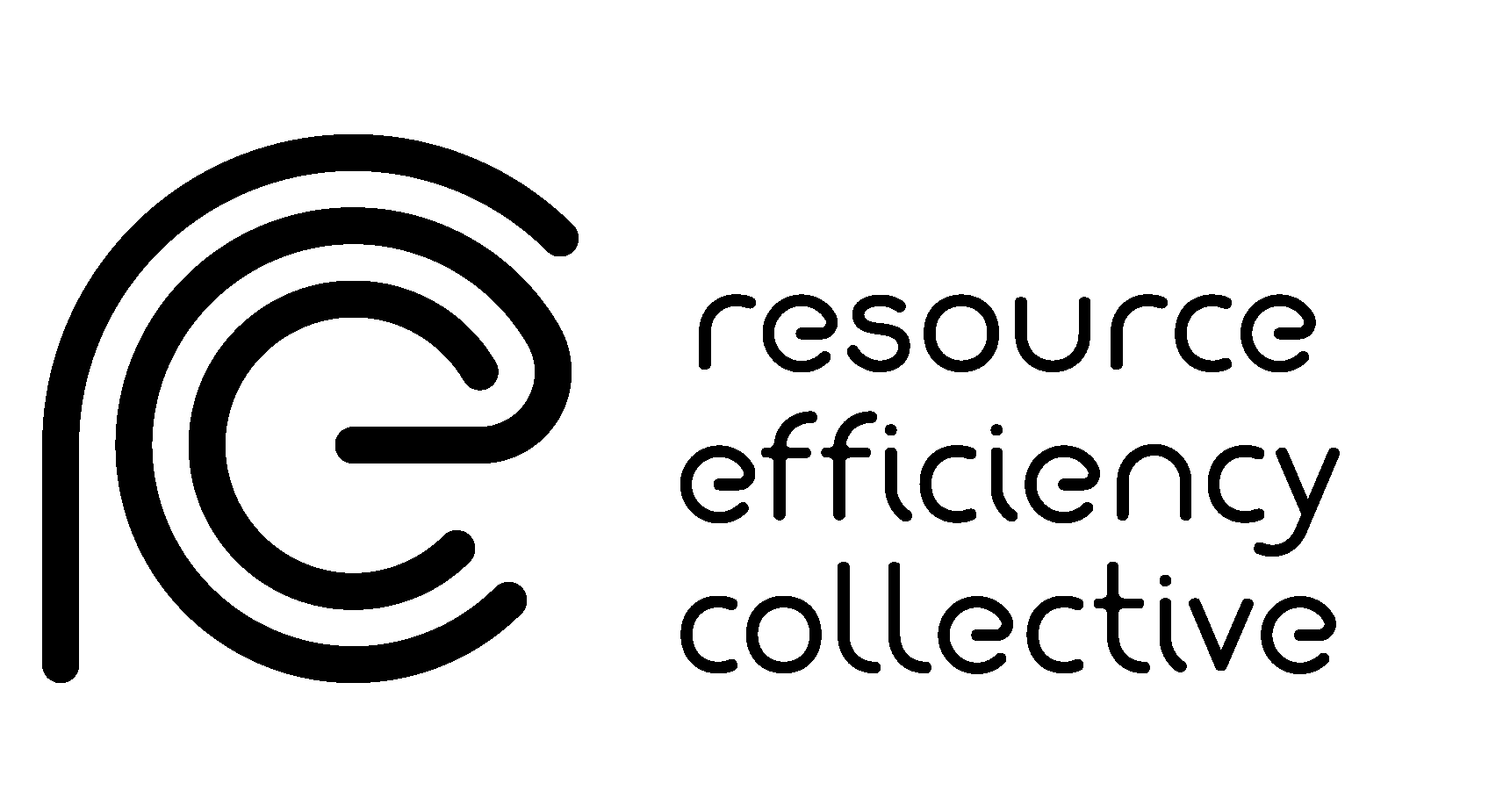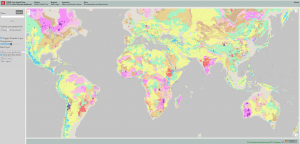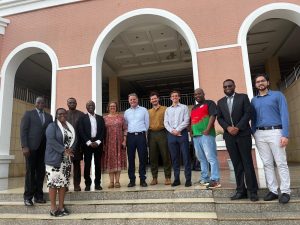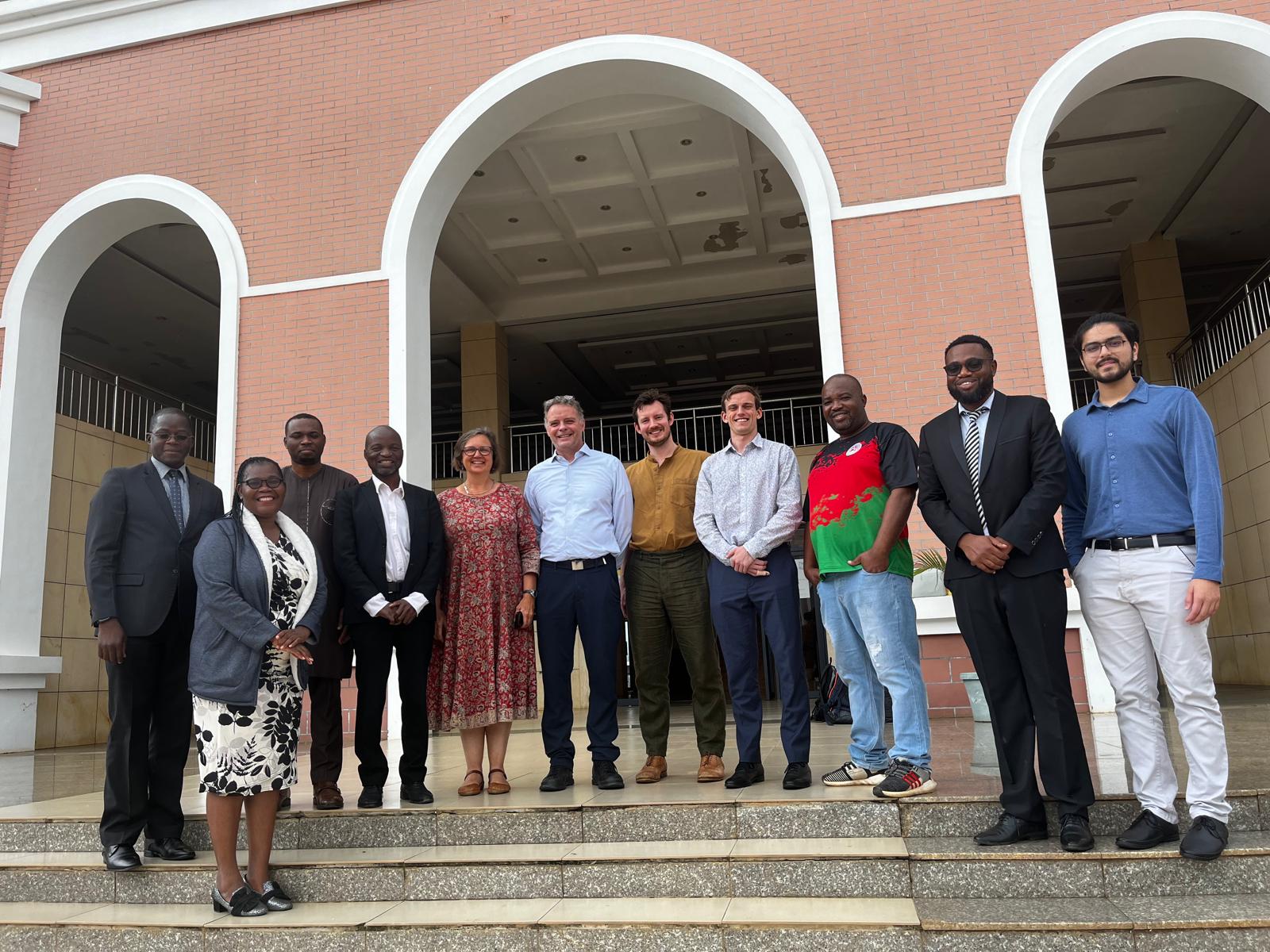Refficiency’s Scott accepted into the Turing Enrichment Scheme at the Alan Turing Institute
PhD student Scott Jeen has been accepted into the highly competitive Turing Enrichment Scheme for 2021 at the Alan Turing Institute.
The Turing Enrichment scheme offers students currently enrolled on a doctoral programme at a UK university the opportunity to join the Alan Turing Institute for up to twelve months where they can continue their PhD while enriching their research and making new collaborations.
Scott’s research is in Reinforcement Learning (RL), a subfield of Artificial Intelligence, where he designs agents that learn to reduce emissions from energy-intensive industrial processes autonomously. He is working with Emerson Electric, a US Fortune-500 company, and operator of 10,000 cold storage facilities in North America. Together, they use cold-store facility data to make predictions of future occupancy, weather, produce-levels, and grid carbon intensities that inform energy-efficient control policies. Such techniques have been shown to improve datacentre energy efficiency by 30% in simulations but have seen little exploration in further settings or in-situ.
During his placement on the Enrichment Scheme, Scott plans to leverage the Turing Institute’s expertise in RL to design algorithms that operate well when data is scarce, as is common in most real-world settings. He will also take advantage of the Turing’s cloud computing infrastructure to test the scalability of these agents to many varied settings where emission reduction would be valuable.
Scott is interested in machine intelligence and its capacity to help mitigate climate change. In practice, this means writing scalable, probabilistic machine learning algorithms – primarily model-based Reinforcement Learning agents – to optimise the control of equipment in buildings and industrial processes. He’s particularly interested in an RL agent’s ability to take actions that, at first, seem counter-intuitive to humans, but later provide us with a richer understanding of the system than we could have achieved alone. In the past, Scott has completed engineering degrees at the University of Cambridge and the University of Edinburgh, conducted research with the Use Less Group at Cambridge, and worked as a management consultant. His research is generously funded by the EPSRC, Emerson Electric and Sir Sean Connery’s Scottish International Education Trust.
Read more about Scott on his blog here.
Photo credit: Gabriel Sollmann













